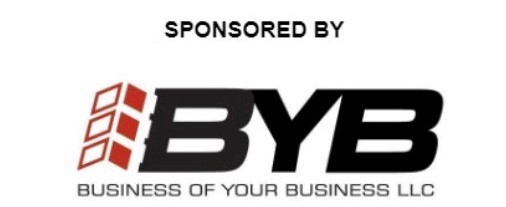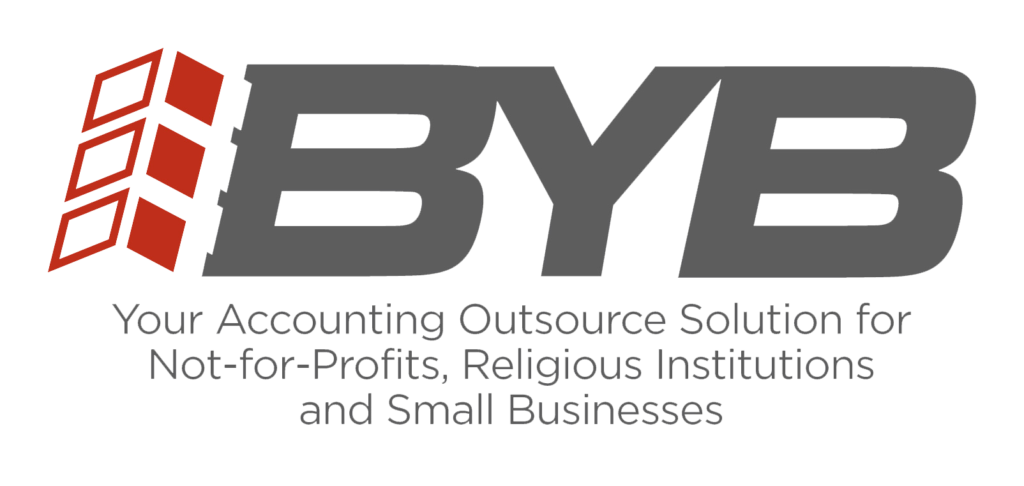The Business Council of Westchester – Not-For-Profit Council Meeting
Building Diversity, Cultural Competence, and Inclusion Throughout Your Organization
Friday, March 6th, 8:30 AM
800 Westchester Ave., S-310, Rye Brook, NY
Building a culture of diversity, inclusion and community engagement is vital to the success of every not for profit organization. It is not simply about doing what is right but is a business imperative. Mecca presentation will help define diversity, inclusion, and cultural competence; provide strategies for building a culturally competent organization; and advice on working with your Board of Directors.
Featured Speaker:
 Mecca (Santana) Mitchell
Mecca (Santana) Mitchell
Senior Vice President of Diversity Inclusion and Community Engagement
Westchester Medical Center Health Network
Please register to Linda Tyler, Director of Member Engagement at ltyler@thebcw.org





